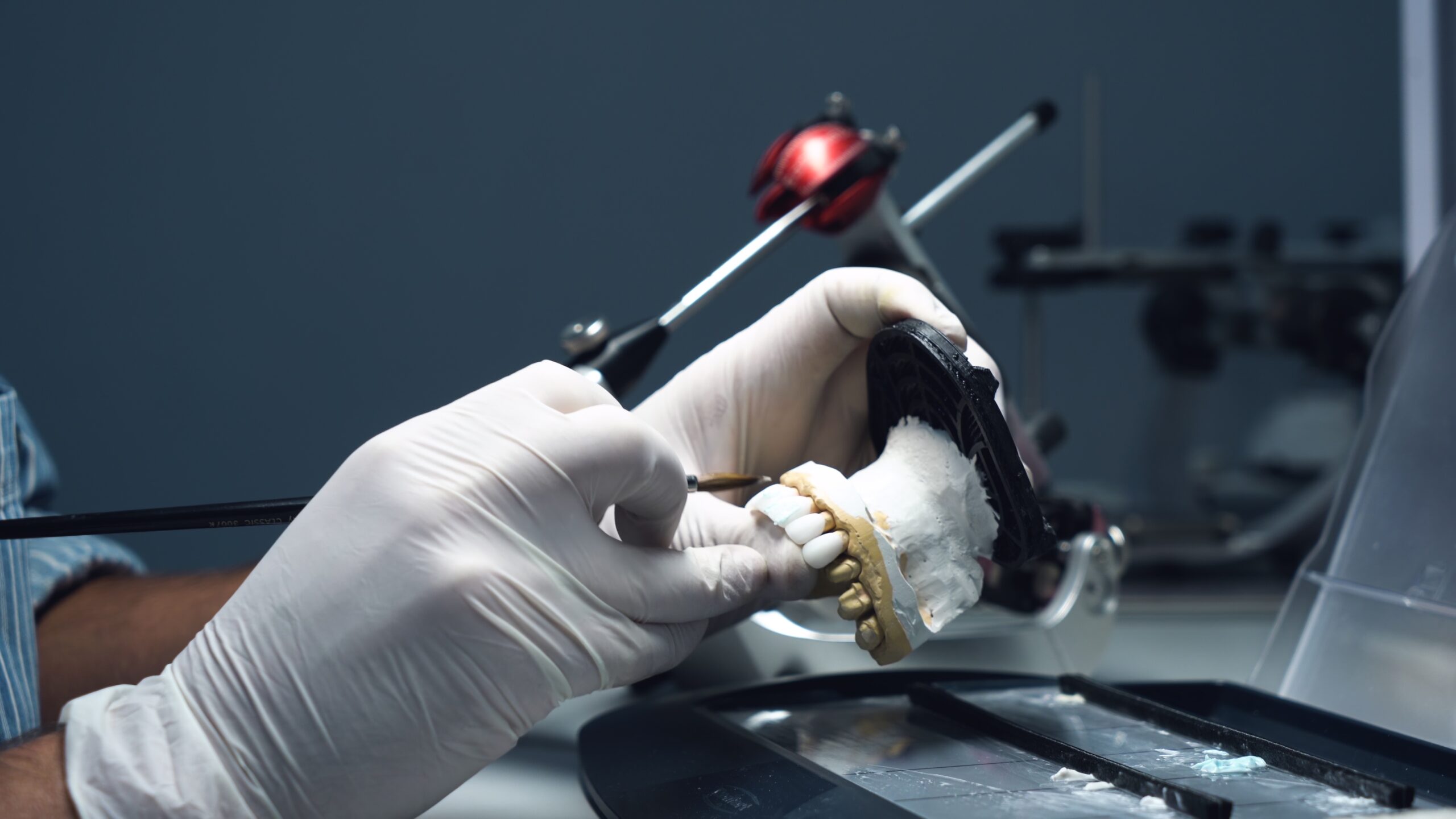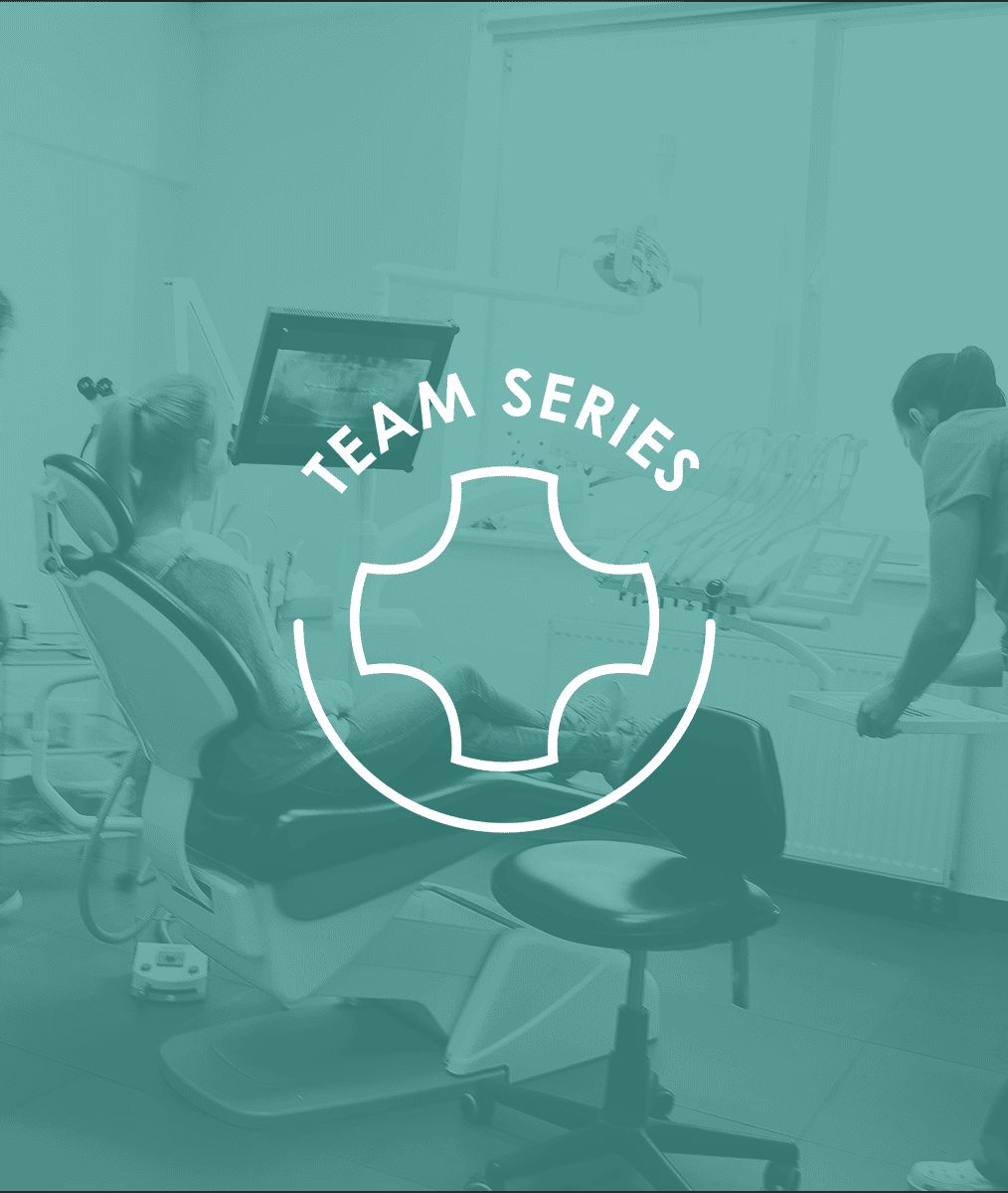L. D. Pankey’s Philosophy Starts to Unfold
When L.D. Pankey returned to Coral Gables from the International Congress of Dentists in Paris, in 1931, knew he needed additional education if he was going to follow his personal commitment of not extracting any more teeth. With a recommendation from his new friend in Paris, Dr. Daniel Hally-Smith, the dentist, L.D. wanted to emulate, he signed up for a three-month summer course at Northwestern University in Chicago.
The program was designed to cover all the phases of modern dentistry including how to interview patients and do a proper clinical tour of the mouth so the student could determine what was really needed to give their patients optimum dental care. They were saturated with topics both technically and psychologically related to diagnosis and treatment planning concepts. Most of the information presented was focused on clinical procedures.
The patient psychology course was taught by George Crane PhD. During that summer, George Crane, a trained psychologist, was between his freshman and sophomore years in medical school at Northwestern. He had been hired to teach a summer course to physicians and dentists on how they could better understand and communicate with the patient.
At that time, there were no definitive textbooks about doctor/patient communications. During his lectures Dr. Crane brought in loose-leaf handouts for the class. The handouts later became the framework for his first book on applied psychology. Crane’s course was the highlight of L.D.’s summer, and it turned out Dr. Crane’s course became the foundation of what became the Pankey Philosophy.
Crane’s lectures were centered around psychology to be used by doctors to develop interpersonal relationships between the professional and the patient. The course included an overview of Carl Jung’s work, defining Jung’s four personality types: the introvert, the extrovert, the ambivert and the compensated types. The students also looked closely at the 1905 Binet-Simon Scale to determine the intellectual capacity of children. They studied the first “mental horsepower” test – otherwise known as the IQ test.
Later, when L.D. developed his own philosophy, he used much of the Crane course ideas for his Dental IQ, patient intellectual, sociological, and economic classifications. After finishing the George Crane course, L.D. felt confident that he had taken a giant step toward gaining the knowledge and communications skills that were needed in his practice.
Dr. Crane was a strong proponent of the balanced life and spent a great deal of time discussing Cabot’s “Cross of Life” which emphasized the need to balance work, play, love, and worship for a truly fulfilling life. The cross diagram was developed by Richard C. Cabot (1869-1939), who was a physician, philosopher, and Unitarian minister.
Following his graduation from Harvard University Divinity and Medical School, Cabot started his clinical work at Massachusetts General Hospital where he established a hospital based Social Service Department and became the first Chairman of the Department of Social Ethics at Harvard. Over the years, Cabot wrote twelve books on Medicine and Ethics.
Cabot also became a major educational leader in medicine by publishing monthly “Cabot Cases” in The New England Journal of Medicine. Each month physicians in local study clubs throughout the county would read and study the information provided by Cabot. They would try to determine the diagnosis for the patients in the case. The final diagnosis was provided the following month in The New England Journal of Medicine.
Crane assigned one of the Cabot books, What Men Live By, to L.D. and his classmates to read. The book explored how to achieve personal happiness. According to Cabot, happiness could be achieved by striving for balance in personal life. When explaining this concept to his patients and other professionals, Cabot recommended drawing a simple diagram with Happiness in the middle and four arms labeled Work, Play, Love, and Worship.
What Men Live By was published in 1913 and has long been out of print. Many of the references seem archaic; however, the basic principle of balance has stood the test of time. There are needs for all of us to be productive, to enjoy daily life, to have people in our lives that we care about, and to extend our interests beyond ourselves. An excess or a deprivation of any of these basic needs of life can set our lives out of balance, destroy our sense of self-worth, dull our enjoyment of life, or alienate us from our fellow human beings.
When L.D. Pankey developed his philosophy, he uses the Cabot Cross as a starting point for dentists on their journey to fine personal happiness.
Related Course
E2: Occlusal Appliances & Equilibration
DATE: April 6 2025 @ 8:00 am - April 10 2025 @ 2:30 pmLocation: The Pankey Institute
CE HOURS: 44
Dentist Tuition: $ 7400
Single Occupancy with Ensuite Private Bath (per night): $ 345
What if you had one tool that increased comprehensive case acceptance, managed patients with moderate to high functional risk, verified centric relation and treated signs and symptoms of TMD? Appliance…
Learn More>









